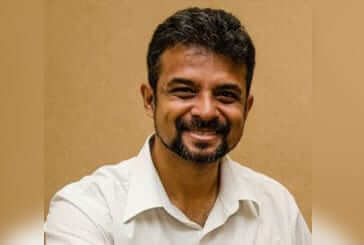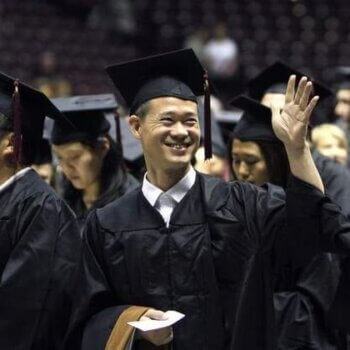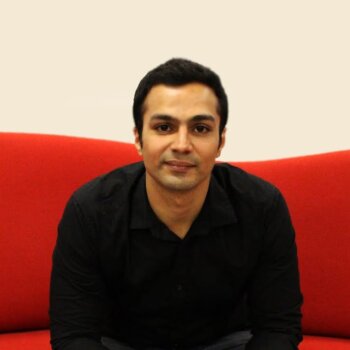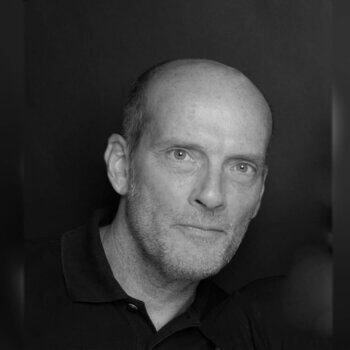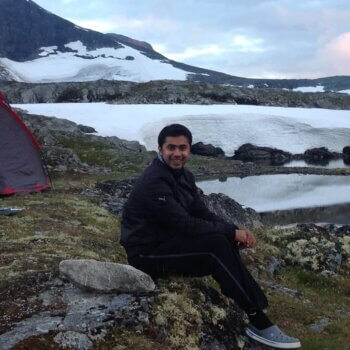Subhasis Banerji suffered brain and muscle disability and recovered. He has set up a platform, SynPhNe to help others restore brain and muscle function.
What’s your story?
I am an engineer from India who suffered brain and muscle disability in the middle of my life, 1998 and recovered from it in spite of doctors giving me no chance. The methods I used were translated into a technology invention in 2010. I got a PhD in stroke recovery in 2014 from Singapore and commercialized it in 2018. The invention, SynPhNe – an abbreviation for Synergistic Physio-Neuro platform which helps restore brain and muscle function for those who are disabled due to stroke, traumatic brain injury, cerebral palsy, dyslexia or aging.
What excites you most about your industry?
Healthcare is transforming into a digital industry increasingly looking for patient-centric and patient-driven solutions. With more than 1 billion people suffering from chronic disease and disability worldwide, rehabilitation is in its early days of technology adoption. Increasingly, patients are questioning existing treatments and looking for their own solutions to long term disability.
What’s your connection to Asia?
India. Born here, brought up here, studied here, work here, contribute here.
Favourite city in Asia for business and why?
Mumbai, India, because people innovate on the fly and are not hesitant to shoot for the big league. Hundreds of thousands of people make their fortunes here every year. Singapore is just as good but in a different way. It’s less chaotic and more process driven.
What’s the best piece of advice you ever received?
“A truly disruptive innovation disrupts everything,” said by Clayton Christensen.
Who inspires you?
Swami Vivekananda, one of the greatest yoga exponents of the 19th and 20th centuries. His scientific understanding of the association of brain and body inspired my return to health and the creation of SynPhNe. He was the first to define the nature of the mind in terms of Newton’s laws of motion.
What have you just learnt recently that blew you away?
That most long term chronic disease and disability is “learned behaviour” and hence, can be “unlearned.” Using technology, we can reboot how we learnt really fast as babies, irrespective of our present age, and use this faculty to restore function, independence and health.
If you had your time again, what would you do differently?
Listen more, react less.
How do you unwind?
Cooking, Tai Chi, travel, writing poetry and listening to music.
Favourite Asian destination for relaxation? Why?
Kuching, Sarawak. It has one of the best mixes of sea, corals, rain forests, mountains, wildlife, food, interesting bylanes, tribal settlements, rivers and mangroves and peaceful people.
Everyone in business should read this book:
“The End of Average – How to succeed in a world that values sameness” by Todd Rose
Shameless plug for your business:
Join us in helping people get their life back! http://www.synphne.org/
How can people connect with you?
My email [email protected]
—
This interview is part of the ‘Callum Connect’ series of more than 500 interviews
Callum Laing is an entrepreneur and investor based in Singapore. He has previously started,
built and sold half a dozen businesses and is now a Partner at Unity-Group Private Equity and Co-Founder of The Marketing Group PLC. He is the author two best selling books ‘Progressive Partnerships’ and ‘Agglomerate’.
Connect with Callum here:
twitter.com/laingcallum
linkedin.com/in/callumlaing
Download free copies of his books here: www.callumlaing.com
